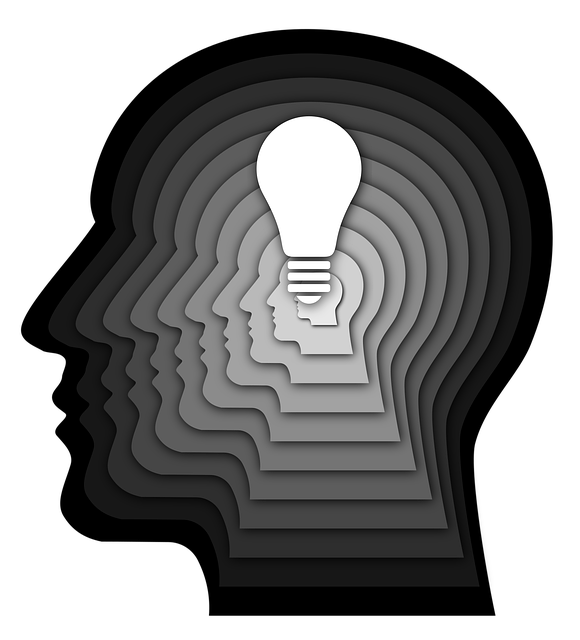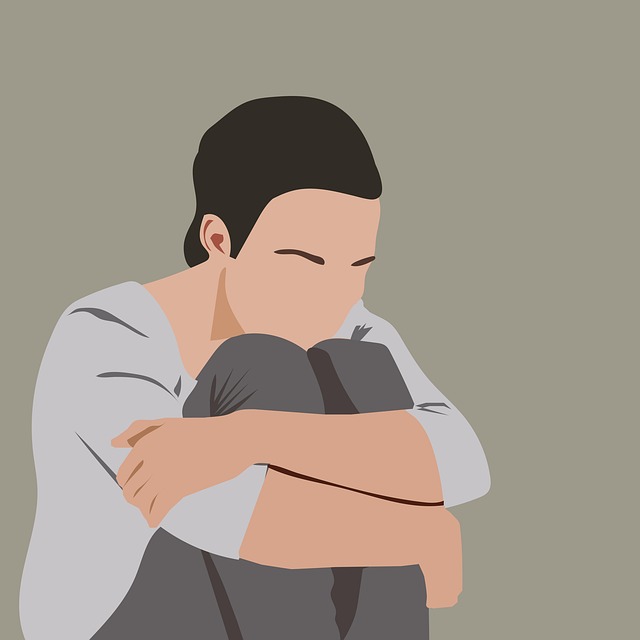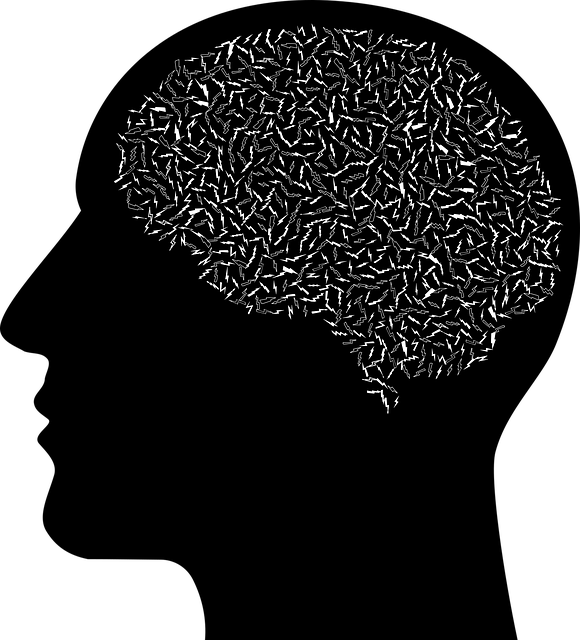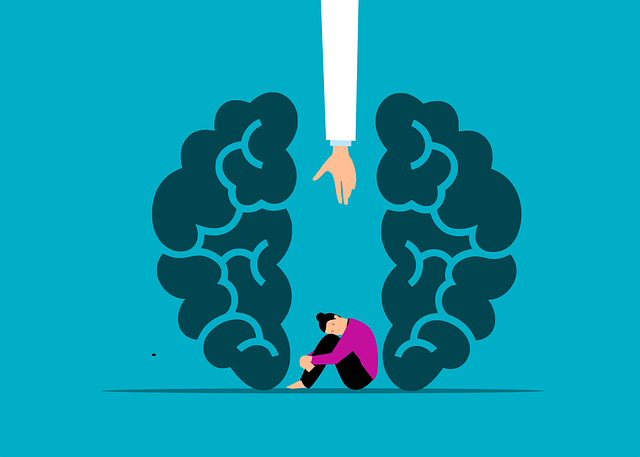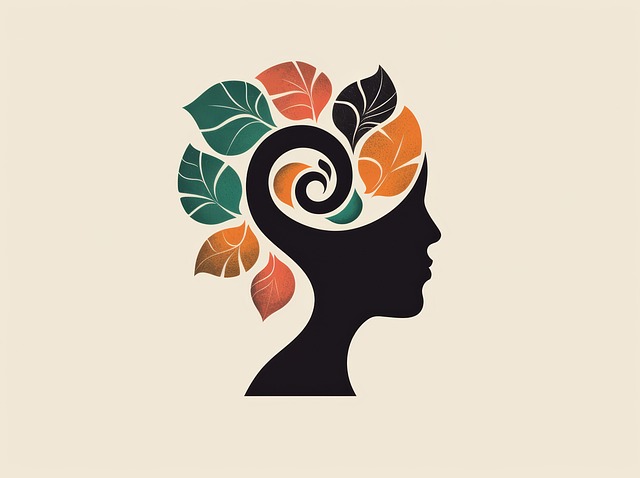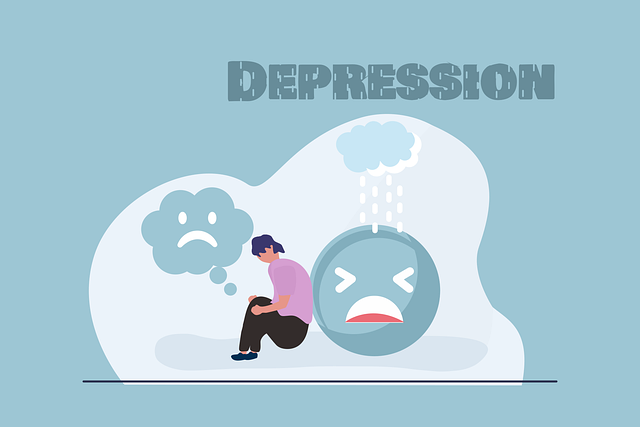Arvada Obsessive Compulsive Disorder (OCD) is a mental health condition characterized by intrusive thoughts and repetitive behaviors, treated effectively through cognitive-behavioral therapy (CBT), Mindfulness Meditation, and Stress Management Workshops. Developing a balanced mental wellness app for OCD in Arvada requires personalized coping strategies, evidence-based treatments like CBT, intuitive interfaces, progress tracking, goal setting, real-time support, and robust risk management. The app should be updated regularly based on user feedback and research to provide accessible Arvada OCD therapy while enhancing mental health awareness.
In today’s digital age, mental wellness apps are transforming the way we approach therapies like Arvada Obsessive Compulsive Disorder (OCD) treatment. This article delves into the development of effective OCD therapy apps, exploring key considerations and strategies. We’ll guide you through understanding the unique challenges of OCD, designing user-centric apps, and successful implementation processes. Discover how technology can revolutionize access to quality care for those navigating the complexities of this disorder.
- Understanding Arvada Obsessive Compulsive Disorder (OCD) and Its Impact
- Designing an Effective Mental Wellness App for OCD Therapy
- Development Process and Implementation Strategies for OCD-Focused Apps
Understanding Arvada Obsessive Compulsive Disorder (OCD) and Its Impact

Arvada Obsessive Compulsive Disorder (OCD) is a mental health condition characterized by intrusive thoughts and repetitive behaviors that individuals feel compelled to perform. This disorder significantly impacts daily life, causing anxiety, distress, and often leading to social isolation if left untreated. OCD can manifest in various forms, affecting different aspects of an individual’s existence. For instance, some may experience excessive fear of contamination, leading to ritualistic cleaning behaviors, while others might struggle with intrusive thoughts related to order or symmetry, resulting in compulsive counting or arranging activities.
Understanding the intricacies of OCD is crucial for developing effective Arvada Obsessive Compulsive Disorder therapy. Treatment options often include cognitive-behavioral therapy (CBT), particularly exposure and response prevention (ERP) techniques, which help individuals confront and manage their obsessive thoughts without engaging in compulsive behaviors. Additionally, Mindfulness Meditation and Stress Management Workshops Organization can play a pivotal role in public awareness campaigns development, offering strategies to cope with OCD symptoms and promoting early intervention.
Designing an Effective Mental Wellness App for OCD Therapy

Developing an effective mental wellness app for OCD therapy requires a nuanced understanding of the condition and user experience design principles. The app should offer personalized coping strategies tailored to individual needs, addressing obsessions and compulsions unique to each user. Incorporating evidence-based treatments like Cognitive Behavioral Therapy (CBT) techniques and exposure therapy can significantly enhance its efficacy. Features such as tracking progress, setting achievable goals, and providing real-time support through messaging or chat functions can revolutionize Arvada Obsessive Compulsive Disorder (OCD) therapy.
Risk management planning for mental health professionals is crucial when integrating apps into therapeutic practices. Ensuring data security, privacy, and ethical guidelines adherence is paramount. Moreover, designing intuitive user interfaces that educate users about OCD while teaching coping skills development can empower individuals to actively participate in their therapy. Regular updates based on user feedback and the latest research will ensure the app remains a valuable tool in the mental health education programs design, ultimately improving outcomes for those seeking OCD therapy in Arvada.
Development Process and Implementation Strategies for OCD-Focused Apps

The development of OCD-focused apps involves a meticulous process that combines evidence-based practices with user-centric design. The initial step is to conduct thorough research on the specific manifestations and symptoms of Obsessive Compulsive Disorder (OCD) in order to tailor the app’s features accordingly. This includes integrating cognitive-behavioral therapy (CBT) techniques, which are widely recognized as an effective treatment for OCD. Mental health professionals collaborate with app developers to create modules addressing obsessions and compulsions, teaching users coping strategies and providing personalized exercises.
Implementation strategies focus on accessibility and engagement. These apps often incorporate interactive elements like daily checks, progress tracking, and gamification to encourage consistent use. The design should foster a sense of control and empowerment for users managing OCD symptoms. Regular updates based on user feedback and the latest research in mental wellness, such as those promoting Stress Management techniques, ensure the app remains effective and relevant. This iterative process aims to create tools that enhance Mental Health Awareness while providing accessible Arvada Obsessive Compulsive Disorder Therapy right at users’ fingertips.
The development of mental wellness apps, particularly those focused on treating Arvada Obsessive Compulsive Disorder (OCD), offers a promising avenue for accessible and personalized therapy. By combining evidence-based practices with intuitive design, developers can create tools that significantly impact users’ lives. The strategies outlined in this article—from understanding the target disorder to effective implementation—serve as a guide for creating innovative OCD therapy apps, ultimately enhancing mental health support in today’s digital landscape.


